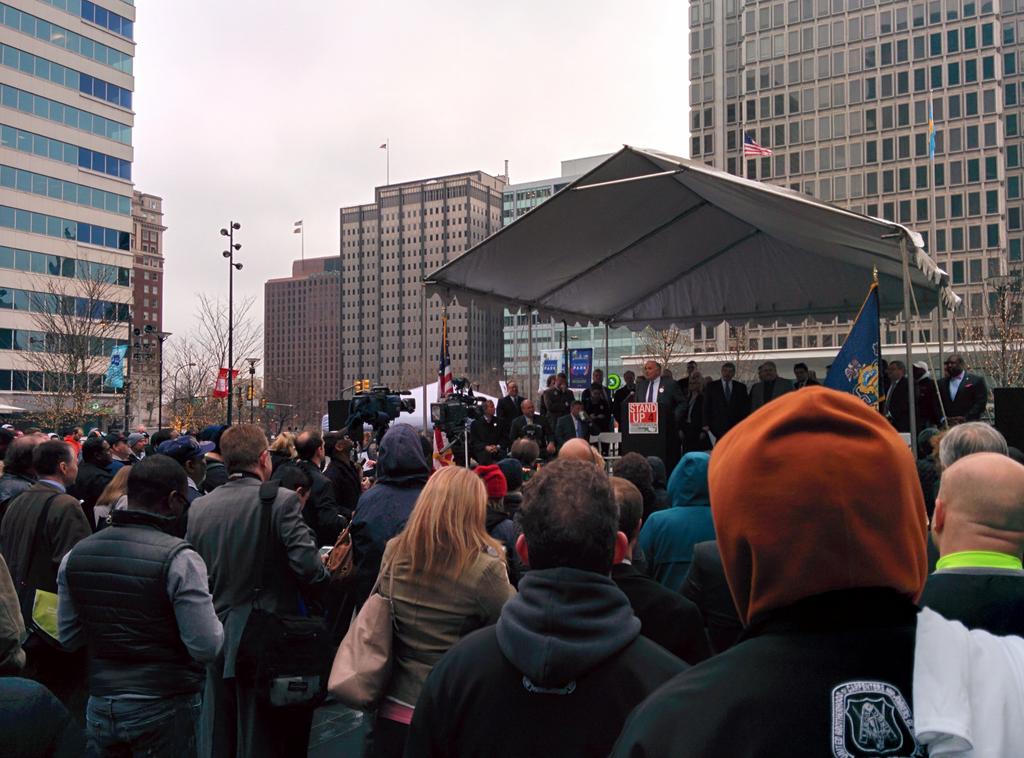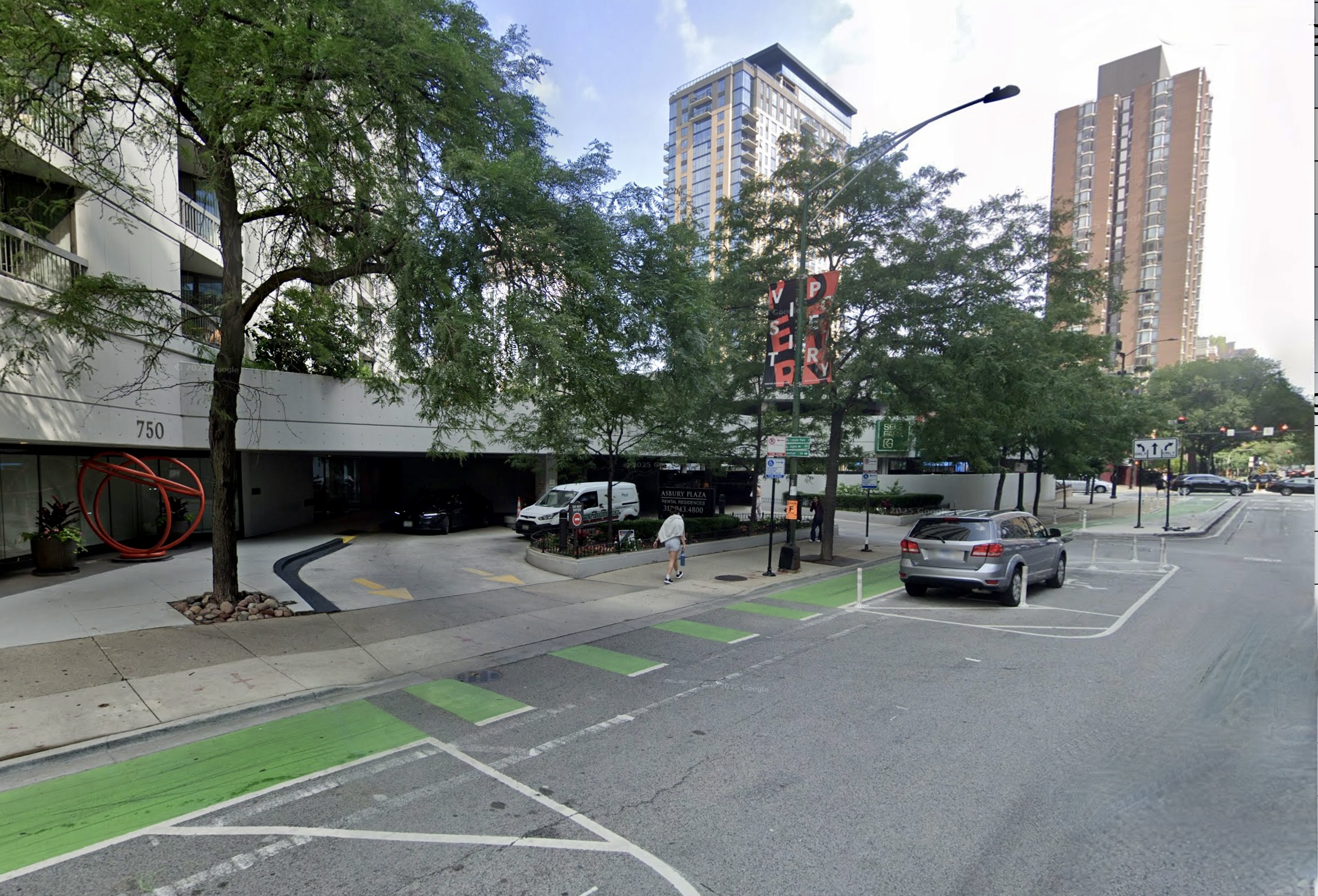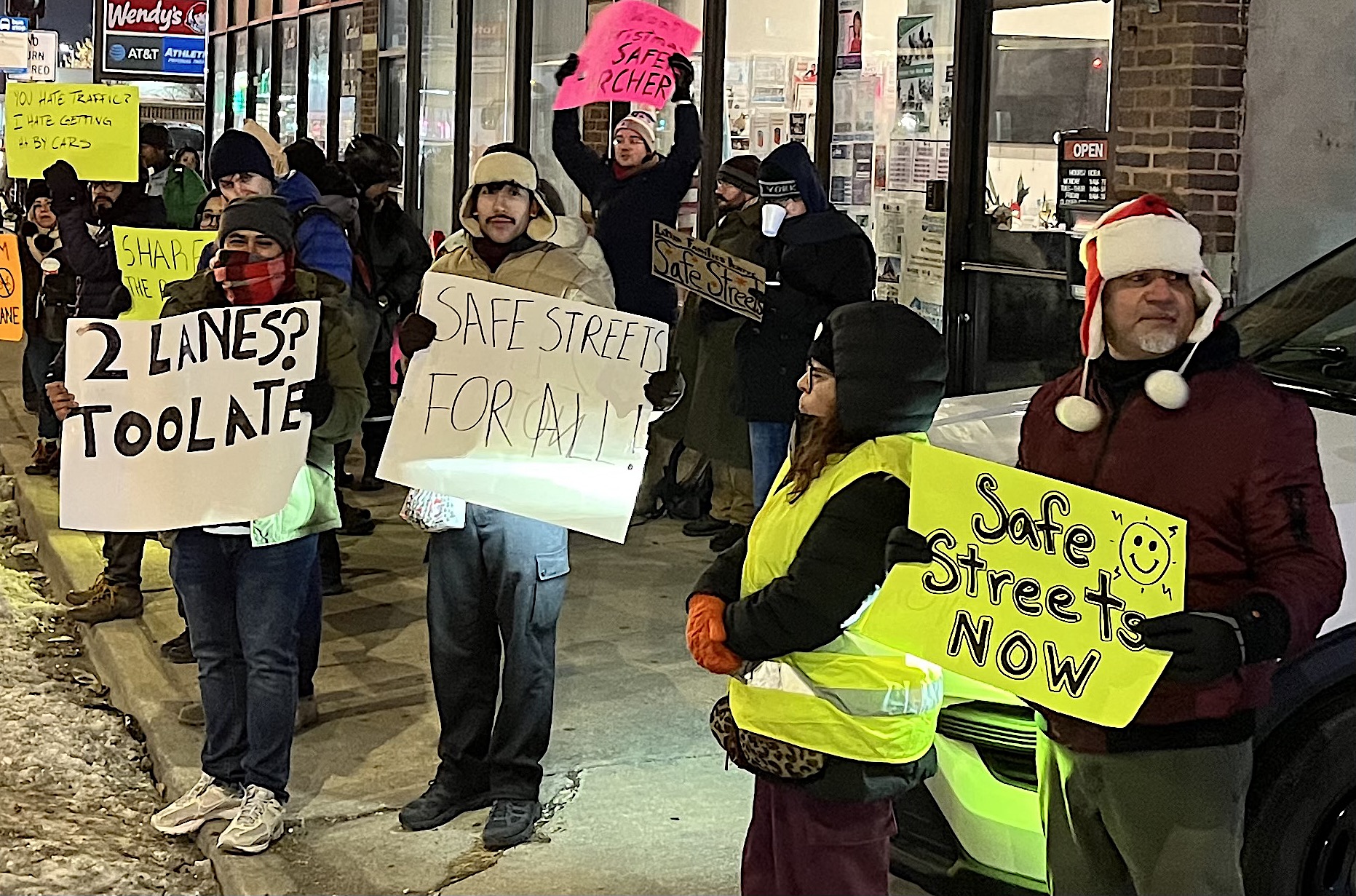
"Stand up for transportation" rallies are happening right now all over the country, demanding Congress put an end to the uncertainty surrounding federal transportation funding.
In Washington, some Republican lawmakers are pushing the opposite tack -- an approach known as "devolution" that would create more uncertainty by basically wiping out the federal gas tax, leaving states to figure out how to adapt. The fallout would disrupt some bad road projects, but it would hit transit agencies the hardest. Eliminating federal transit funds would blow a huge hole in transit budgets, cutting off 43 percent of agencies' capital funding, the American Public Transportation Association estimates.
At Transportation for America, Stephen Lee Davis explains why the "devolution" idea won't appeal to states either:
There’s a reason you don’t hear state politicians calling for the end of the federal transportation program and the gas tax. That’s because every single state receives more in federal transportation funds than they pay into the federal system -- in part because Congress has been transferring billions from the general fund to make up for slackening gas tax receipts and the fact that the gas tax hasn’t been raised in more than two decades.
According to our full analysis: (See columns 2-3 in the table)
- 19 states would have to raise their gas taxes by at least 25¢ per gallon, over 36 percent more than the current 18.4¢ federal rate.
- Vermont would have to raise the state gas tax by 50¢ per gallon to break even – and that’s on top of a recent increase lawmakers passed to add the equivalent of 6.5¢ to each gallon of gas.
- New York, which receives the highest amount of transit funding in the country, would have to raise the state gas tax by 40¢ to keep the same amount of transit money flowing into their highly-used systems.
Elsewhere on the Network today: Urban Milwaukee reports that the owners of the Bucks are planning a $1 billion development, anchored by their stadium, and they want the city's proposed streetcar to be part of it. Broken Sidewalk takes a critical look at what data collected from social media says about Louisville's historic social divides. And Seattle Transit Blog shares a video about a Detroit project that seeks to examine the fundamental elements of a successful transit system.




